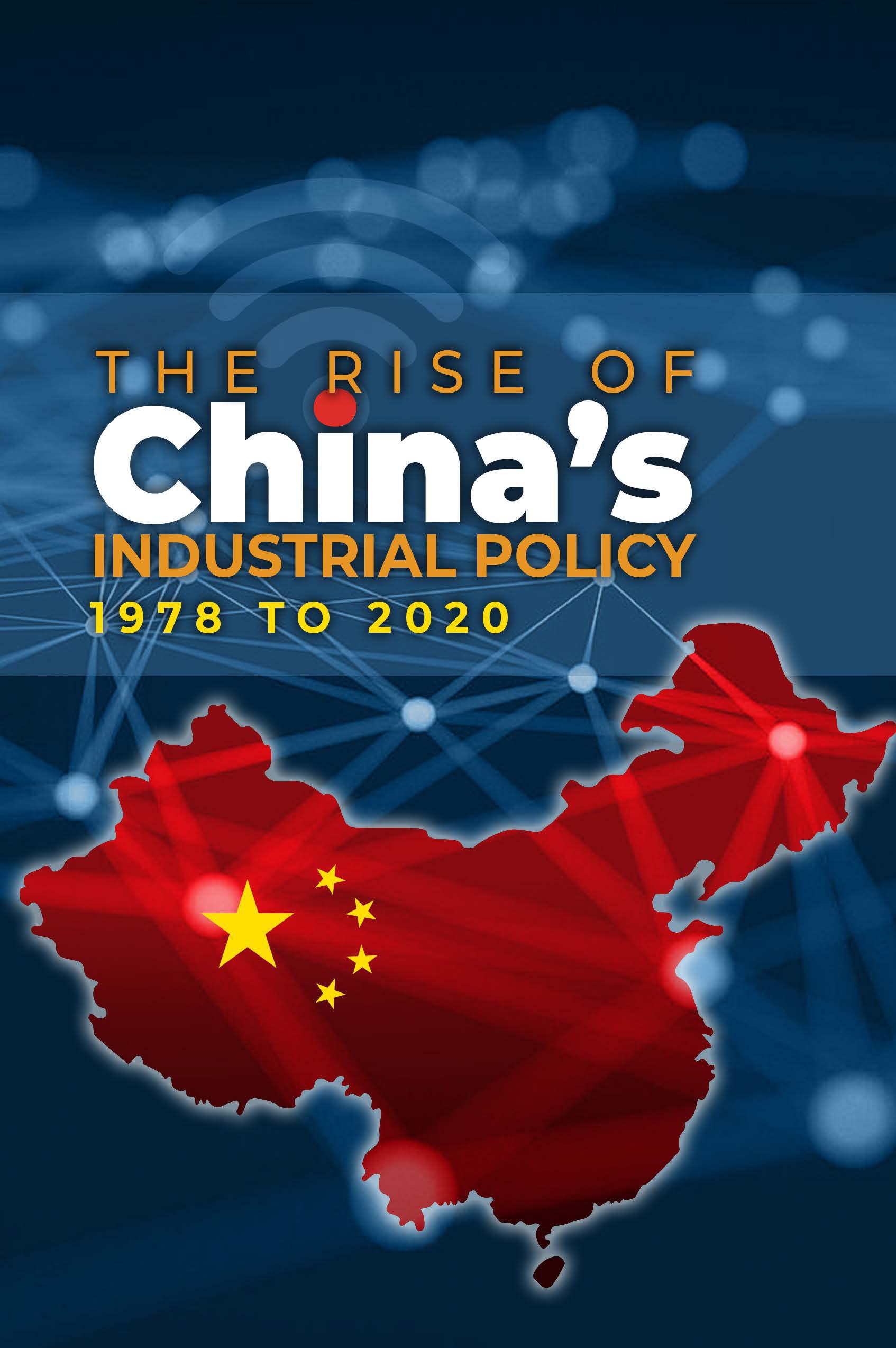Once an obscure topic, China’s industrial policy now gets attention from heads of state. The entire US-China trade war waged by the Trump administration was, in formal legal terms any way, justified as a response to distorting industrial policy. Understanding industrial policy seems to be a requirement for participating in current intellectual debates about China.
Thankfully, Barry Naughton has written a short and highly readable book, The Rise of China’s Industrial Policy, 1978 to 2020, that explains its history and functioning. Even better, it is available as a free PDF download from the Centro de Estudios China-México at the Universidad Nacional Autónoma de México. Based on a series of lectures, the book has a conversational tone and jargon-free style that is rare for this subject matter, a topic both highly technical and highly politicized.
Naughton’s argument is plainly stated in three short sentences:
Until 2006, China never had “industrial policy.” Since about 2010, China has had industrial policy on a massive and unprecedented scale. The outcomes of post-2010 industrial policy in China have not been adequately studied and are as yet unknown.
A prominent economic historian of China–his textbook The Chinese Economy is the standard–Naughton argues that industrial policy on its current grand scale is a very recent development in post-1978 China, and not at all part of the “China model” responsible for its decades-long growth miracle. He sees current policies as a departure from past practice, rather than as part of the deep structures of Chinese socialism.
Powerful targeted industrial policies in China have been generally absent (1978-2005) and have sometimes been overbearing (2010-present), but they have never been a crucial component in explaining rapid Chinese economic growth. That doesn’t mean that government doesn’t matter, or that distinctive Chinese approaches have not been important: it does, and they have been. Indeed, it should be intuitively obvious that the impact of a large-scale fixed investment effort, massive investment in human resources, and the presence of thousands of growth-promoting local governments competing with each other will be much greater than the impact of government efforts to directly intervene in the sectoral development pattern of the economy. Of course, these are not mutually exclusively choices. But targeted industrial policy is still utterly unproven in terms of its impact on China’s development. It may turn out, 20 years from now, to have been a huge success, but as of today, there is very little evidence for its importance or success.
Naughton admits his own skepticism of the benefits of large-scale industrial policy, but his main point is that neither scholars nor the Chinese government have a solid understanding of the actual consequences. The scale of resources being mobilized by industrial policy is enormous, and thus clearly poses some economic risks. He thinks that China was well on its way to being a global technological powerhouse before the introduction of all of these industrial policies, thanks to its highly competitive manufacturing sector and skilled technical workforce. So to him, it is not obvious those risks were worth taking:
It is unclear to what extent Chinese policy-makers have considered the technological, economic, and international risks of their
industrial policies. It appears rather that policy-makers have been seduced by the vision of a technological revolution and a substantial re-ordering of global strategic relations and have rushed ahead with an aggressive and decisive round of industrial policies. At a minimum, this is an enormous gamble. As stated repeatedly in this essay, Chinese would in any case have emerged as a technology giant over the next decade or two. It is not necessarily beneficial to have government forcibly attempt to accelerate the process, creating substantial additional risk, waste, and conflict. Indeed, it may end up seriously retarding the global benefits that are potentially available from new technologies, particularly if the world ends up partitioned into competing technological blocks.
Plainly, the Chinese government thought that the risks of not carrying out industrial policy were also great. And Naughton does a good job of explaining the intellectual framework that has justified their large-scale interventions. I found the book helpful and clarifying.

